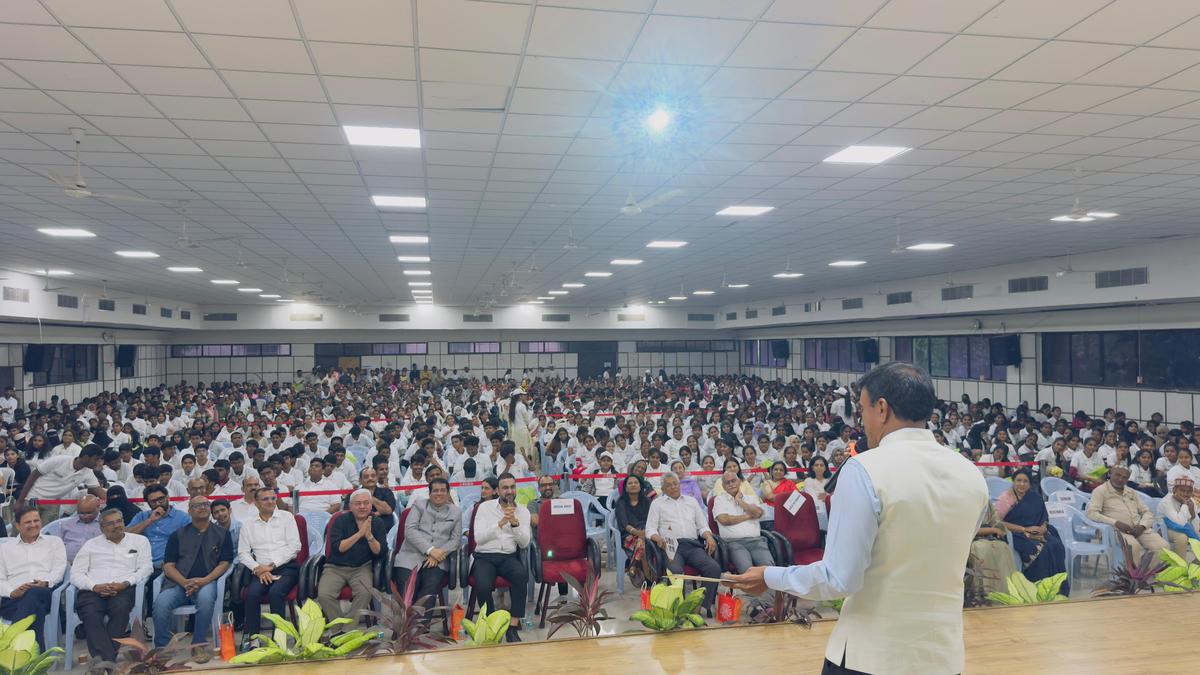Now Reading: SEP: Two-Language Policy for Most Schools, Three-Language Rule in Minority Institutions
-
01
SEP: Two-Language Policy for Most Schools, Three-Language Rule in Minority Institutions
SEP: Two-Language Policy for Most Schools, Three-Language Rule in Minority Institutions

Fast Summary
- two-Language Policy Implementation: The Karnataka State Education Policy (SEP) Commission has proposed a two-language policy for government, aided, and private Kannada and English medium schools in the State.
- Linguistic Minority Schools: In minority schools (urdu, Telugu, Tamil, Marathi, Malayalam), three languages will be taught including Kannada and English as compulsory languages. Learning a third language (mother tongue) will remain optional and not be part of assessments.
- Abandoned Hindi Inclusion: The existing three-language formula incorporating Hindi has been removed from the education system under SEP guidelines.
- Medium of Instruction Details:
– kannada medium schools: Kannada is the first language; English is the second language.- English medium schools: English is the first language; Kannada is the second language.
– Linguistic minority schools retain mother tongue as their primary medium while adopting Kannada as compulsory alongside conditions for optional learning of other languages.
- SEP report emphasizes mother tongue-based primary education aligned with National Education Policy (NEP) standards.
Indian Opinion Analysis
The introduction of a two-language policy by Karnataka underlines an effort to create a balanced educational framework that promotes regional identity while accommodating global relevance through English instruction. Exemptions for linguistic minority groups highlight sensitivity toward preserving cultural diversity within education systems. However, removing Hindi from compulsory study could raise concerns about uniformity in aligning with broader national linguistic goals.The emphasis on mother-tongue-based learning aligns with NEP directives and global research advocating better comprehension during early schooling years but requires robust infrastructure like trained teachers and adequate materials to overcome practical challenges in implementation effectively. While these changes aim to strengthen regional and linguistic inclusivity within Karnataka’s school system, sustained efforts by policymakers are crucial to harmonize this model without disrupting inter-state educational coherence or student mobility across state boundaries.























